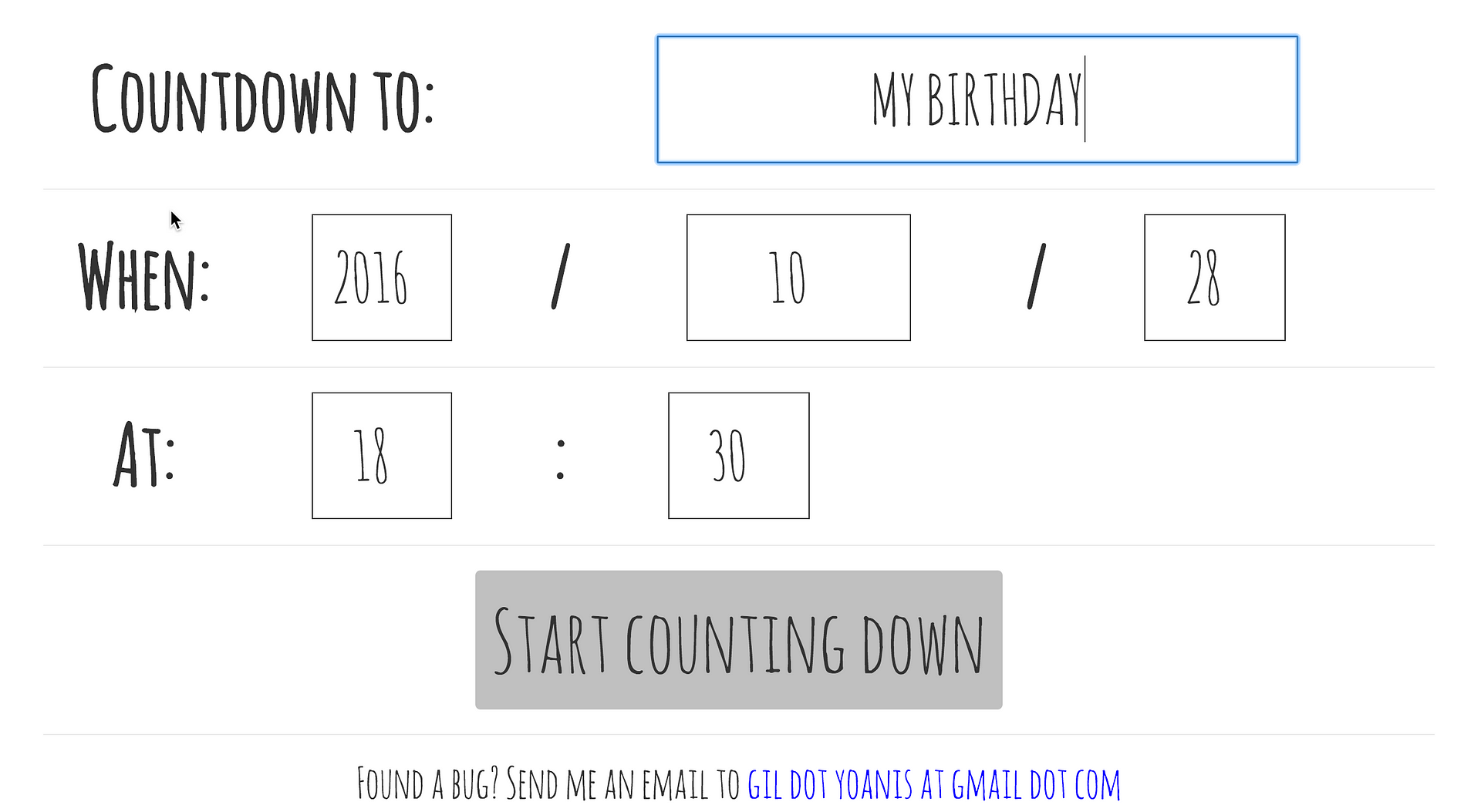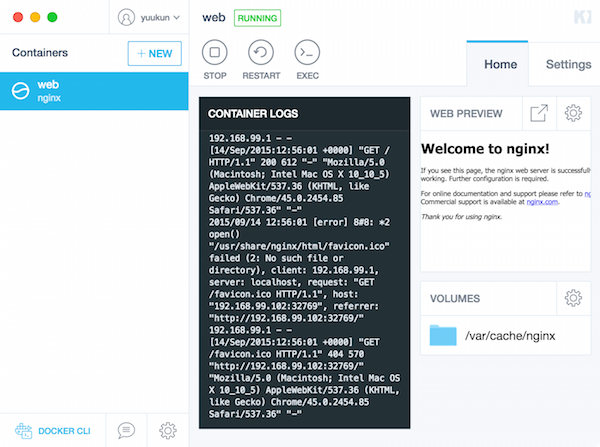The docker logs -follow command combines commands docker logs and docker attach. It will first return all logs from the beginning and then continue streaming new output from the container's stdout and stderr. Warning: This command works only for the json-file or journald logging drivers. OPTIONS -help Print usage statement -details= true false Show extra details provided to logs -f, -follow= true false Follow log output. The default is false.since=' Show logs since timestamp -t, -timestamps= true false Show timestamps. The default is false.tail=' all' Output the specified number of lines at the end of logs (defaults to all logs) The -since option can be Unix timestamps, date formatted timestamps, or Go duration strings (e.g. 10m, 1h30m) computed relative to the client machine's time. Supported formats for date formatted time stamps include RFC3339Nano, RFC3339, 2006-01-02T15:04:05, 2006-01-02T15:99999, 2006-01-02Z07:00, and 2006-01-02. The local timezone on the client will be used if you do not provide either a Z or a +-00:00 timezone offset at the end of the timestamp.
When providing Unix timestamps enter seconds.nanoseconds, where seconds is the number of seconds that have elapsed since January 1, 1970 (midnight UTC/GMT), not counting leap seconds (aka Unix epoch or Unix time), and the optional.nanoseconds field is a fraction of a second no more than nine digits long. You can combine the -since option with either or both of the -follow or -tail options. The docker logs -details command will add on extra attributes, such as environment variables and labels, provided to -log-opt when creating the container. HISTORY April 2014, Originally compiled by William Henry (whenry at redhat dot com) based on docker.com source material and internal work. June 2014, updated by Sven Dowideit July 2014, updated by Sven Dowideit April 2015, updated by Ahmet Alp Balkan October 2015, updated by Mike Brown.

Docker Run Output

Mar 1, 2018 - Note that configuring syslog on the Docker daemon means that docker logs command can no longer query the logs. Or run multiple docker logs and munge the output, in node.js. [ 'logs', '--tail', '1', '-t', '--follow', id ]) dkr.stdout.on('data', data => console.log('%s: stdout', id, data. Docker-compose logs -f.